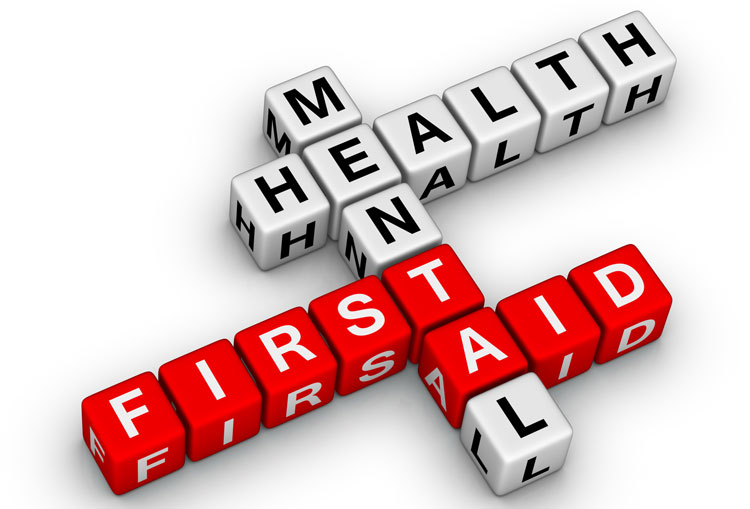
If you were standing next to someone who was having a heart attack, what would you do? Most likely, you would try to help that person, and if you didn’t know what to do, you would call for someone who could help.
Now, let’s consider another situation. Would you react the same way for someone struggling with a mental health emergency?
That is the question Amanda Stone, a dairy extension specialist for Mississippi State University, asked during the February Hoard’s Dairyman webinar. She explained that a lot of people don’t know what to do to help someone who is struggling with a mental illness.
“We pretend that mental and physical health are so different,” she said. “Is the heart more important than the brain? I am going to say no. If your brain isn’t working, your body isn’t working. It controls everything your body does. It is very, very important, and we need to start treating it as such.”
Anxiety, depression, and other mental illnesses are prevalent within our farming community, and sadly, farmers are dying of suicide at a higher rate than the general population. The stress of a farming career, along with limited mental health resources in rural areas and a “tough it out” mentality among the agriculture industry, all contribute to this devastating statistic.
“Too many producers are dying by suicide, and it needs to end,” said Stone.
She encouraged people to check in with themselves often and assess their own mental health. She said it is okay to not be okay, but if feelings of depression or thoughts of suicide are in your mind, you need to seek out professional help. The same is true if someone you know is struggling with mental illness.
Stone recommended people become aware of the signs of mental illness in themselves and others. The national Mental Health First Aid course is one option available to learn the signs of mental illness and how to help respond to a mental health crisis.
If you are concerned that someone is considering suicide or harming themselves, the first step is to assess the risk by communicating with the person. Stone said to talk to the person in a private setting and allow plenty of time for the conversation. If the person is reluctant to talk, be persistent but kind. Allow them to talk freely and listen without judgement.
Next, give reassurance and provide information you think might help, and encourage them to seek professional help. Stone said to have resources handy and offer to help access them and continue to follow up with this person until they get the help they need.
“Farmers care about the land and animals very deeply, and that creates a lot of stress,” Stone said. “They sacrifice their own well-being a lot of times to enhance the well-being of the animals.”
This dedication and resilience are what makes farmers special, she said, but sometimes, that commitment comes at a very personal cost. People can ignore their own health, both physical and mental, until it is too late.
“You are more important than the cows that you work with,” Stone emphasized.
To learn more on this topic, the full webinar, “Mind over matter when something is the matter,” can be found at on.hoards.com/WB_020821.








